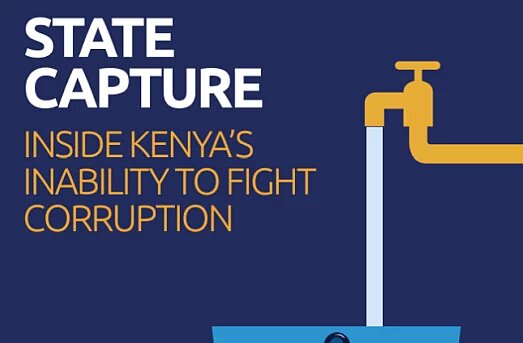
Since the launch of Transparency International (TI)’s Corruption Perceptions Index in 1995, Kenya has invariably foundered in the bottom third of the countries surveyed. TI-Kenya’s Bribery Index reports widespread bribery; some institutions, including the police, land registries and county licensing services are notoriously predatory. In Kenya, and globally, corruption undermines the state by weakening public institutions, eroding both their effectiveness and their resilience. In addition, and more insidiously, it corrodes the social norms and values that hold communities together, deepens inequalities and drives conflict.
In May last year, the Africa Centre for Open Governance (AfriCOG) published State Capture – Inside Kenya’s Inability to Fight Corruption, a report that hit the country like a meteor. Perspectives spoke to Gladwell Otieno, AfriCOG’s director and long-time anti-corruption campaigner, about what motivated them to take a fresh view in the analysis of corruption, and what this means for civil-society action.
About Perspectives:
Perspectives is a publication series of the Africa offices of the Heinrich Böll Stiftung. The series provides a platform for experts from Africa to express their views about issues pertinent to the democratic and sustainable development agenda in the region.
Sign Up to receive an online copy.